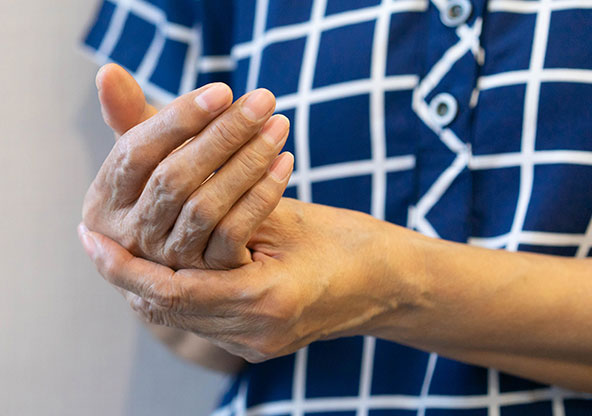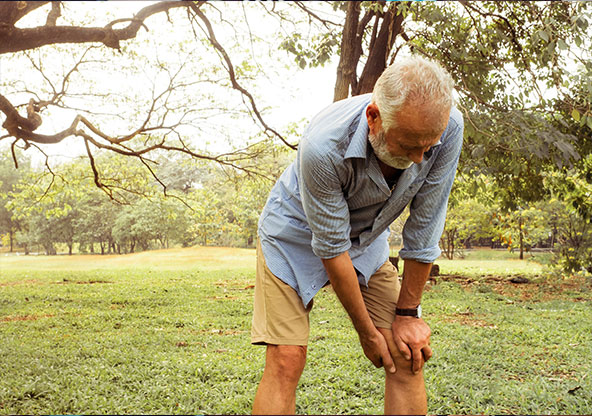Rheumatology & Arthritis Treatment
Rheumatology Care That Moves With You
Joint pain, swelling, or stiffness can make everyday life feel harder than it should. Whether you’re buttoning a shirt, opening a jar, or reaching for your child’s hand—pain shouldn’t stop you.
You deserve care that listens closely and treats you like a person, not a condition.
Understanding What You're Feeling
When your immune system begins to affect your joints or tissues, it can feel confusing and frustrating. Rheumatoid arthritis, lupus, or other autoimmune conditions aren’t just names—they’re daily realities. And they’re different for everyone.
At CHRISTUS, you’ll find specialists who take the time to understand what you're going through—physically and emotionally.
A Team That Stays With You
From your first appointment to long-term management, you’ll have a team that stands beside you. They’ll track your symptoms, adjust your treatment as life changes, and offer support you can count on.
You don’t have to figure it out alone.
Treatment That Fits Your Life
Care plans are shaped around your goals—whether that’s climbing stairs without pain or keeping up with your grandchildren. Your treatment might include medication, lifestyle support, or therapies to reduce inflammation and protect your joints.
We focus on what works for you, at your pace.
When Should You See a Rheumatology Specialist?
If joint pain lasts more than a few weeks, or if swelling and fatigue don’t go away, it might be time to talk to a rheumatologist.
You know your body. Trust that feeling. We’re here when you’re ready.
Rheumatology Services
Conditions Rheumatologists Treat
Rheumatoid Arthritis

Rheumatoid arthritis affects as many as 1.3 million American adults. This chronic, progressive disease is twice as common in women as it is in men.
Osteoarthritis

Osteoarthritis is the most common type of hip arthritis. It is a slow deterioration of the cartilage that covers your hip’s ball and socket bone. Pain is generally focused in the hip, groin, back or thigh areas. As this condition worsens, a variety of everyday physical activities can become very difficult.
Lupus
Tendonitus
Arthritis can cause a variety of symptoms depending on the type and severity of the condition. Some common symptoms include pain, stiffness, difficulty moving, tingling, numbness, popping sensations, and joints feeling like they are locking up. Treatment for arthritis depends on the severity of the condition, but may include rest, medication (such as aspirin or ibuprofen), heating pads, physical therapy, and surgery.
